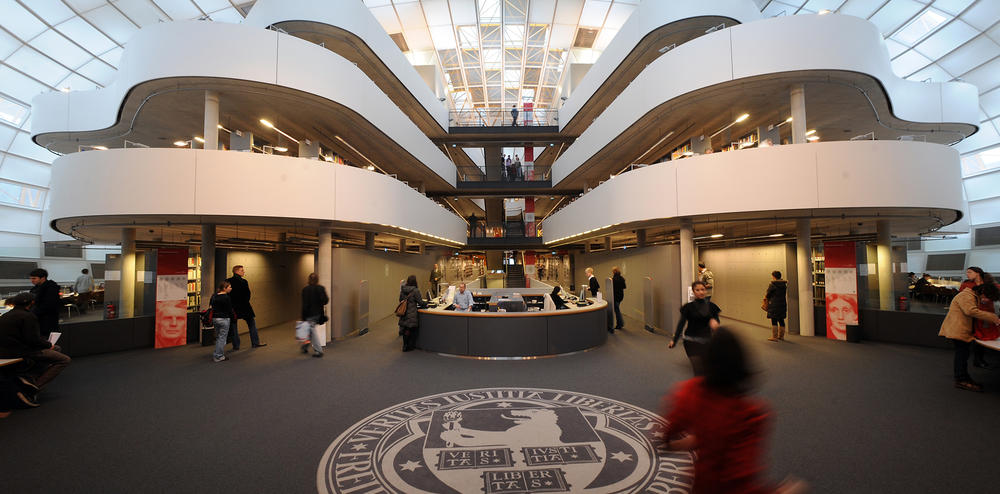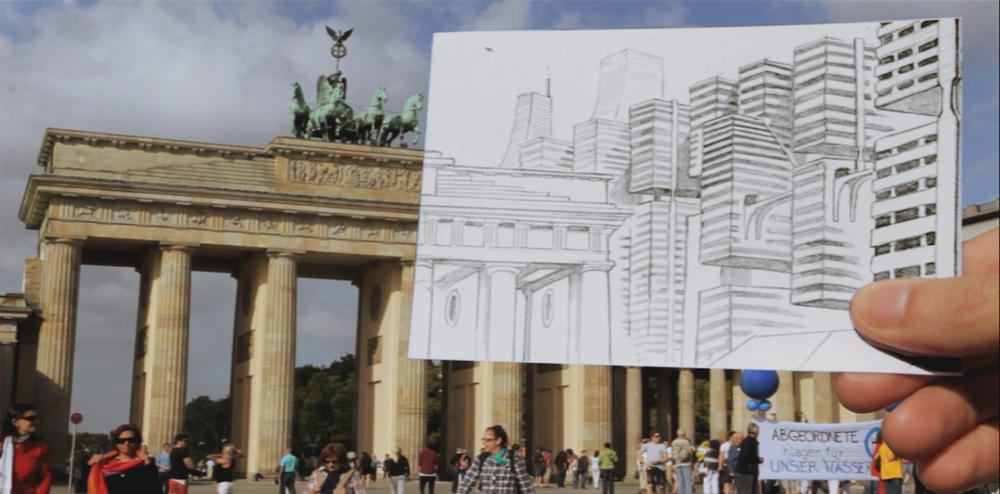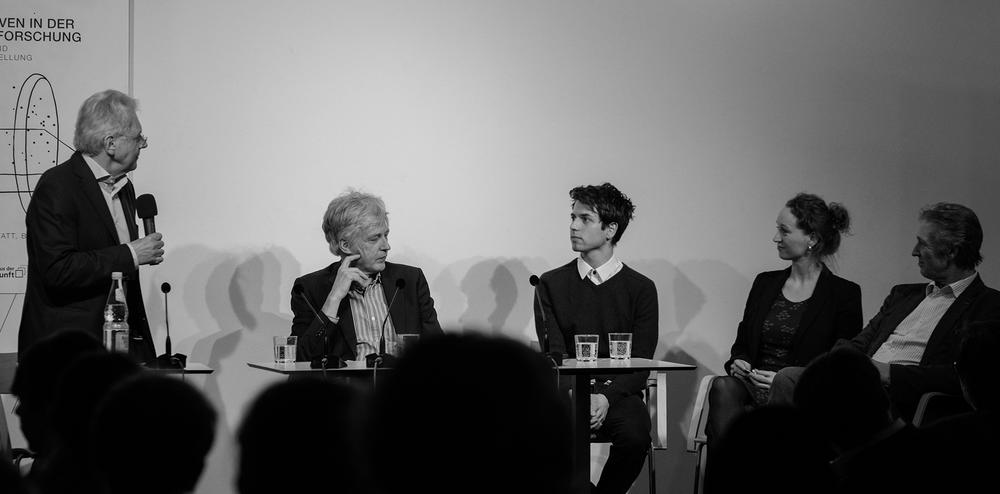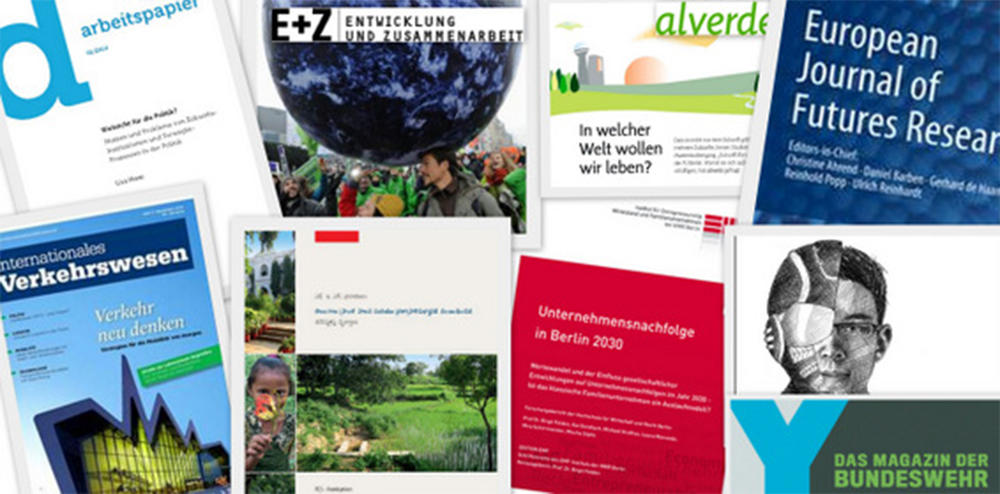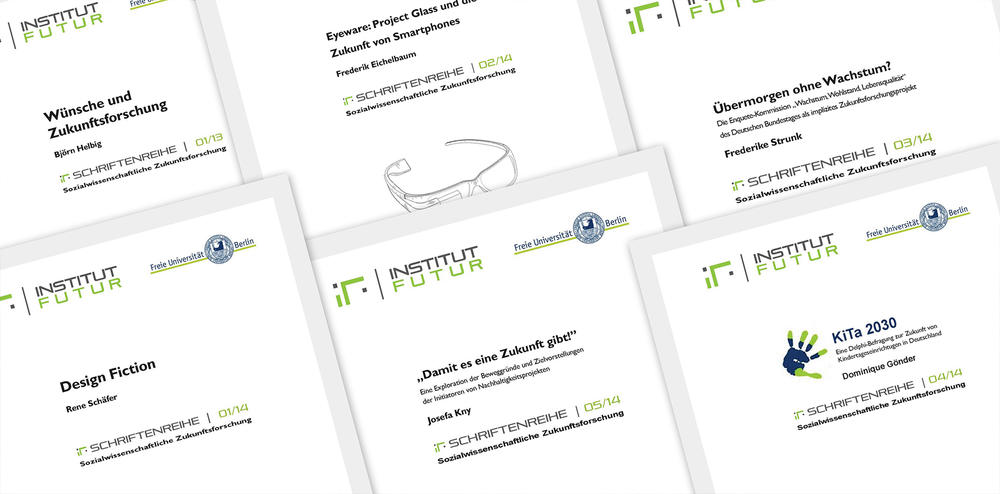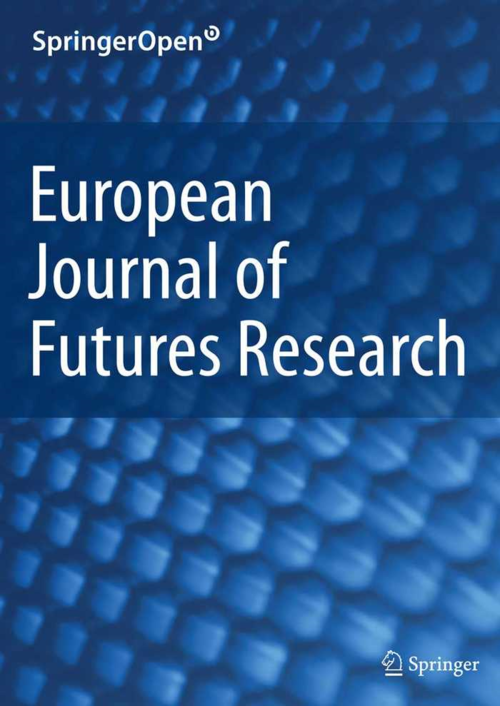Master of Arts in Futures Studies
The need for an examination of possible, plausible, probable and desirable futures following scientific principles has increased, not least due to the rise in complexity of the highly developed societies we live in. Today, futures studies and research play a significant role in most organisations that deal with long-term developments and strategic decisions. The results of futures research open up the broad range of possible, probable, and desirable futures and lay them out for public discussion. Methods and approaches of futures studies have their place in areas such as research on climate change, technological impact assessment, research on demographic changes or on changes in corporate government (corporate foresight) as well as in research on social developments, such as the futures of the education system or changes in political participation, where futures research can play an effective role. The academic field serves to supply information about social, economic, ecological, political, cultural, and technological notions of the future and possibilities for robust innovations in these areas.
Although we cannot see the future, academic methods and social discourse allow us to see rough outlines and shape it today. The Masters of Arts program will be a unique chance to develop a comprehensive understanding of the fundamental aspects of futures studies, their potential and limits and to study the skills necessary to implement the results of research as well.
Program Details
The master of arts is designed as a two-years program with 120 ECTS. The focus is on the following aspects:
- concepts and methods: the students deepen their knowledge of different concepts and methods of future studies. The courses will deal e.g. with the Delphi method and scenario planning, as well as conceptual considerations on the core aspects of futures studies.
- areas of application: the students gather knowledge about different areas in which futures studies can be applied. The students learn how to differentiate stakeholders and their interests and the different determining factors of different social areas (e.g. political arena, private sectors, etc.).
- practical exercises: during an obligatory internship in an organisation active in the field of futures studies or an independent research project, the students evolve their capacities to plan and carry out research, and publish and process the results.
Teaching and working language is predominantly german.
How to apply
Applications are admitted for the academic year 2022/23 from January to May 2022. For online application please register at Application Portal FU Berlin. Foreign students need a German language certificate. More information can be found on www.fu-berlin.de/en/studium/international.
About us
The master’s degree course was initiated by the Education and Futures Research Division at the Freie Universität Berlin (Institut Futur), under the direction of Prof. Dr. Gerhard de Haan and developed in cooperation with various institutes and individuals from the German futures studies community (Netzwerk Zukunftsforschung). The Institut Futur is an institutional member of the World Futures Studies Federation (WFSF), a member of the national planning comitee of the Millenium Project. With the European Journal of Futures Research (spinger-open-access) it works for strengthening networking and community building among scholars engaged in futures studies and resarch.
Coordination
Sascha Dannenberg
Tel.: +49-(0)30-838-58397
Email: sascha.dannenberg@fu-berlin.de
Cost
Fees are Euro 1.800 per semester, 7.200 in total. This does not include university administration fees.
Further Questions?
Please contact us at zukunftsforschung@ewi-psy.fu-berlin.de or visit our german website.
